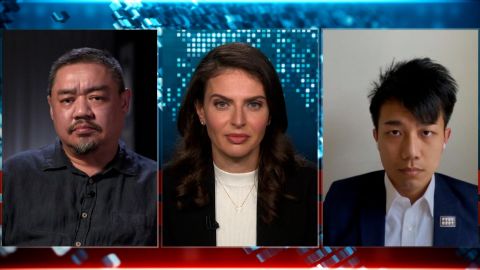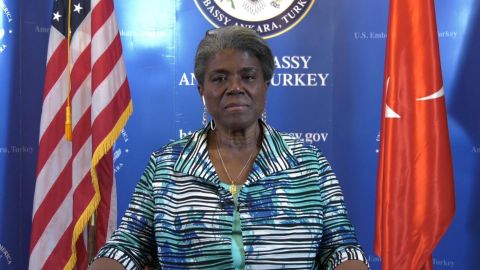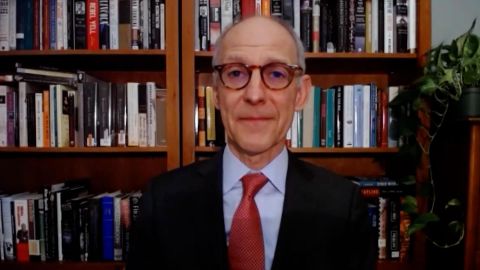Read Transcript EXPAND
BIANNA GOLODRYGA: On this anniversary; 32 years ago, you were there in Tiananmen Square fighting for democracy among thousands of others. I’m curious to get your thoughts on where things stand 32 years later and China’s attempt to erase that date from history.
WU’ER KAIXI, CHINESE DISSIDENT: Oh, it was a turning point, for sure, but not for good direction. We hoped for it. We demanded for it. We took the street in Beijing and then set down in Tiananmen Square to demand the Chinese Communist Party to fulfill their promises that they made to Chinese people, the political freedom. We also — we were also inspired by Poland and thinking solidarity movement can may be emerge in China. But then, 32 years later, we see China is now a very direct threat to the civilization, to the freedom that we’re living in the whole world. So, that turn — it’s a turning point. And that turning point started from Communist Party’s decision of suppressing the peaceful protesters sending military troops, and with real ammunition, and including tanks rolling over people. So, 32 years later, I’m sitting here in Taiwan deep down with anger, with — I have been just deprived an opportunity to see my parents, to live in the country that I was born and raised. But I’m hoping, in the 32nd anniversary of the Tiananmen, we can see some sign of another turning point.
GOLODRYGA: And, of course, so many are joining you in being hope–
KAIXI: Hopefully, a turning point. Yes, sorry.
GOLODRYGA: No, no. Go ahead. Do you want to finish?
KAIXI: Yes, I say another turning point. I’m hoping that this time it’s turning again, change it to the positive direction. The reason, this last 32 years, China has become what it is, I often point my fingers to the West or the democracies. Let me make it more clear, the United States-led Western democracies. i often say, you betrayed democracy, you betrayed us, and then you enabled China by this trade, instead of human rights policy, the China policy. And that China policy, United States call it engagement policy. I call it appeasement policy, and there is nothing but. This appeasement policy, it took you a businessman president to realize it’s a lousy deal for the United States to — it didn’t deliver what it’s supposed to, arguably supposed to deliver for China of social evolvement. And then it wasn’t even a beneficial deal for the United States either. So, we saw, in the last administration in the USA, there has been some strong change in the China policy. And we see from President Biden he is going to stand by those changes.
About This Episode EXPAND
Linda Thomas-Greenfield; Wu’er Kaixi and Finn Lau; Dr. Ezekiel Emanuel
LEARN MORE


